Seven UM researchers receive grant from NWO Social Sciences and Humanities domain
A total of 60 researchers from Dutch universities and knowledge institutions have been awarded more than 23 million euros from the SSH Open Competition M round 2022. This funding from the NWO's Social Sciences and Humanities domain enables scientists to conduct research on a topic of their own choice, without thematic preconditions. Among the laureates are no fewer than seven scientists from Maastricht University. A brief overview:
Why is walking so difficult for people living with Parkinson's disease and why do cues help?
Tjeerd Boonstra (FPN)
People living with Parkinson's disease often have problems with walking. Using external cues, such as an acoustic rhythm or stripes on the ground, helps, but why? In this project, an existing theoretical framework – that of predictive coding – is taken as a unique starting point to target brain and body signals to obtain a better understanding of walking problems in Parkinson's and to optimise cues, with the premise to assist their walking more effectively.

A gut feeling: the neuroscience of gut microbiota’s influence on risk and time preferences
Lisa Brüggen (SBE)
Recently, the research group of Lisa Brüggen and Alexander Sack (FPN) demonstrated that gut microbiota affect economic choices. Yet, it is still unclear how and to which extent the gut and the brain communicate. This multidisciplinary research uses neuroscientific methods such as brain stimulation, neuroimaging, and probiotics, to investigate the role of the gut-brain-axis in risk and intertemporal choices.
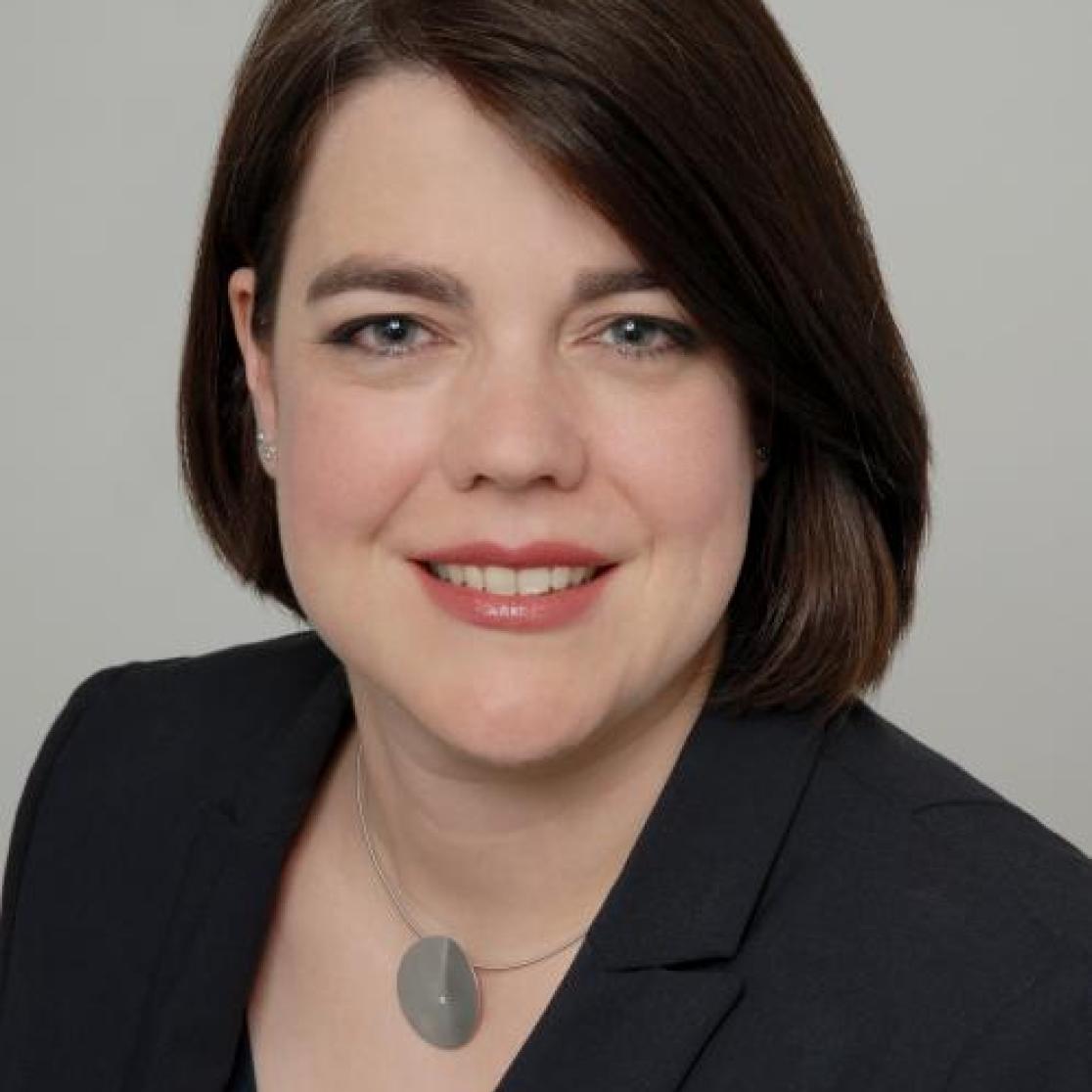
Recovering from the daily demands of work
Ute Hülsheger (FPN)
When working, people are exerting effort and exposed to demands that may induce stress. Recovering from these demands after work is therefore important to prevent stress reactions from building up and from affecting their health and well-being. This research investigates what kind of after-work activities are optimally suited to recover from the demands of work. In doing so, the project considers that the optimal recovery activity likely depends on the person and the work they perform. Therefore, a personalized and adaptive intervention approach is developed.
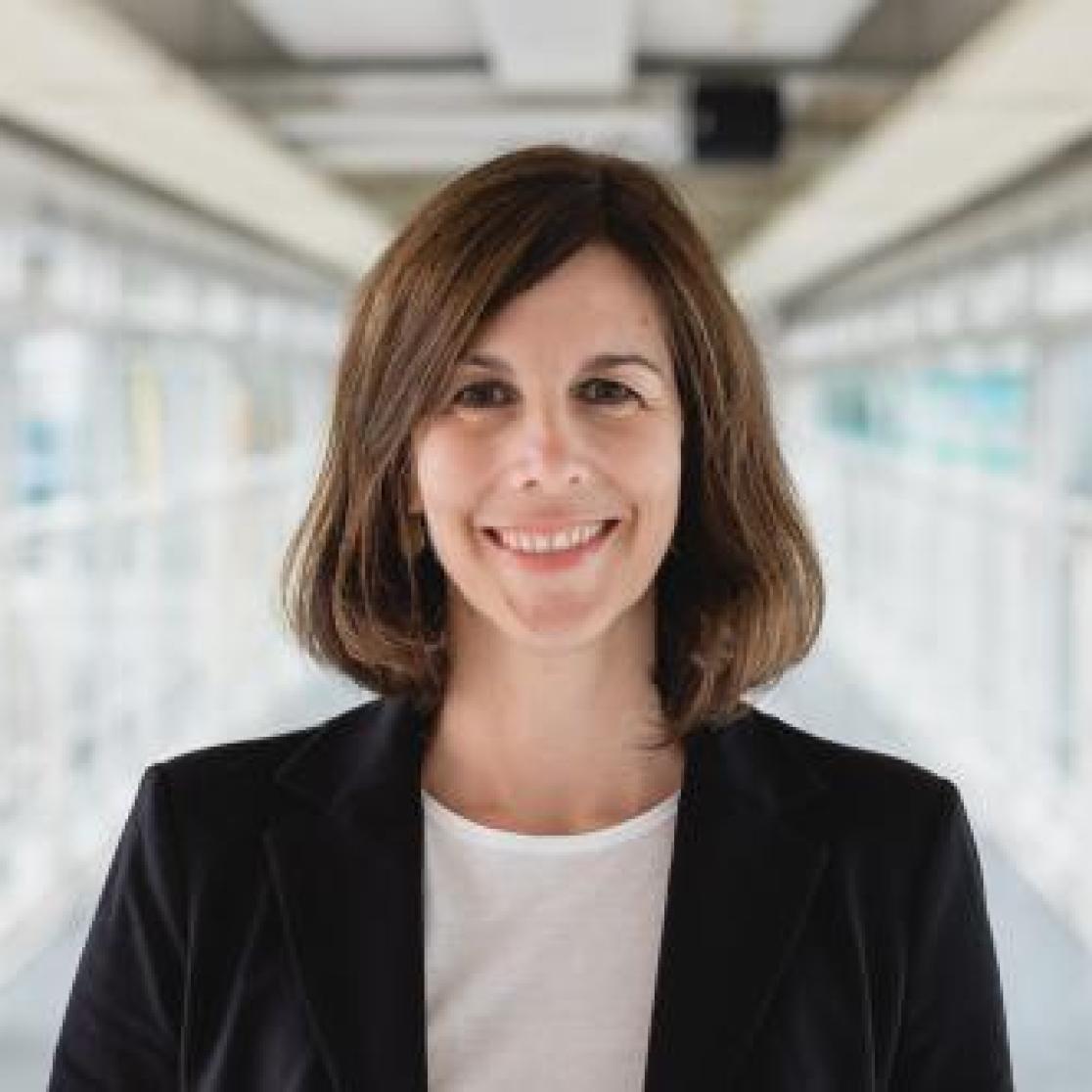
To avoid or not to avoid? Social support as a unique safety signal in pain-related avoidance learning
Ann Meulders (FPN)
People with chronic pain show excessive avoidance of movement and activity, hampering their daily functioning and leading to disability. Exposure treatments targeting fear of movement and activity are successful, but relapse often occurs and avoidance or safety signals during exposure are known to complicate treatment. We will test the idea that social support is a unique safety signal that can attenuate the development and spreading of pain-related avoidance behaviour and can facilitate the extinction of pain-related fear and prevent the return of avoidance behaviour after treatment.

Cross-border interorganizational cooperation in crime control
Math Noortmann (ITEM/ LAW)
Cross-border crime is a structural problem for many European border regions. Combatting for example drug-crimes and human trafficking that occurs across borders requires far-reaching Euregional cooperation between police forces, public prosecution services, and municipalities. The project investigates the complexity of cooperation between these public organizations in the Euregion Meuse-Rhine (EMR). Academics from law, political science, and organization studies and professionals from the distinctive public organizations work closely together. This research provides new evidence-based knowledge that will inform the scientific debates, policies, and practices of interorganizational cooperation in cross-border crime control.
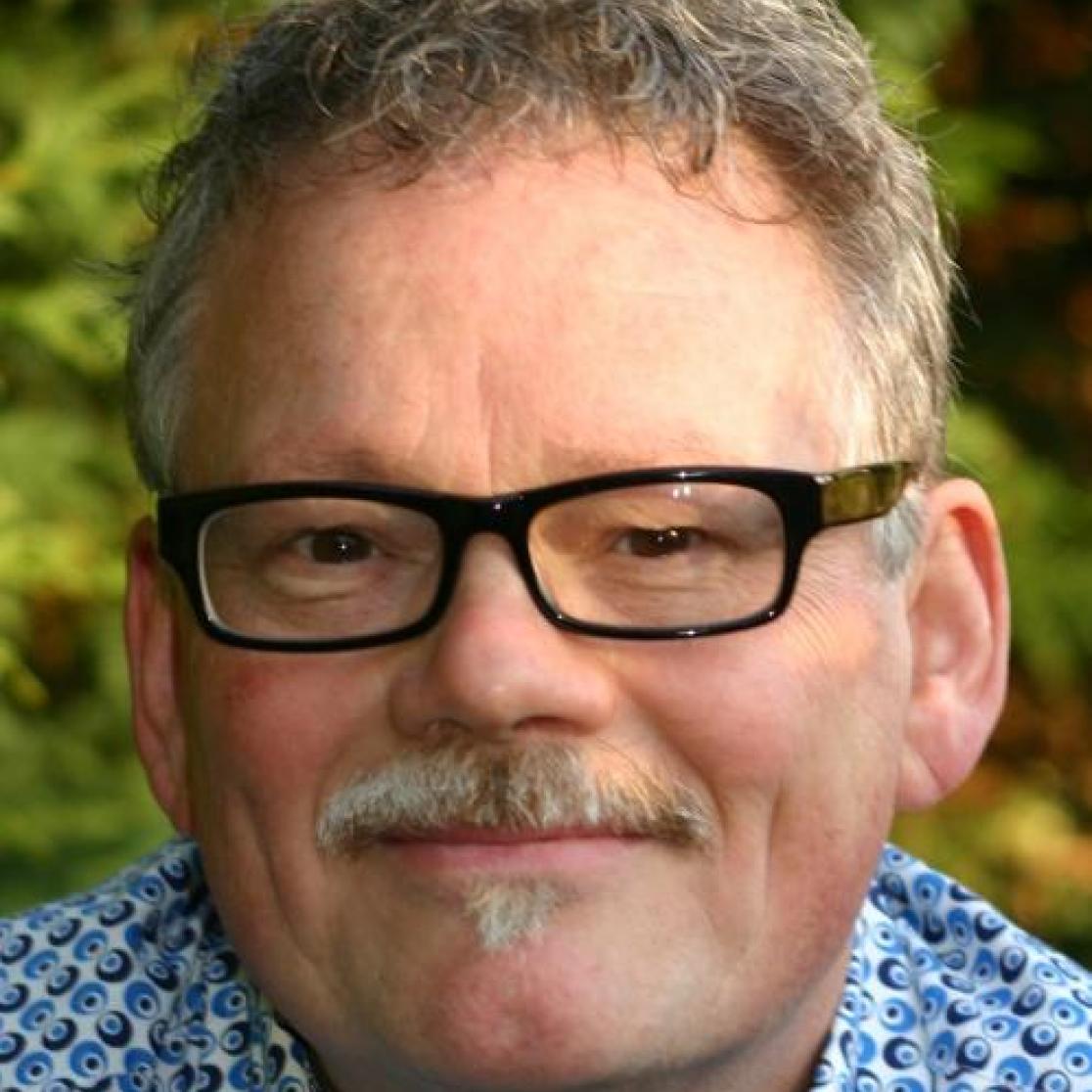
Stressed eyewitnesses: good or bad for memory?
Melanie Sauerland (FPN)
Police rely on eyewitnesses for investigating crimes. Because eyewitnesses often experience stress, it is important to understand how stress during a crime affects memory. While eyewitness memory researchers report memory-impairing effects of stress, fundamental memory researchers report the opposite: stress enhances memory. This proposal aims to bridge the gap between the eyewitness and fundamental memory fields by combining standardized stressors and naturalistic eyewitness paradigms in a project that investigates the effects of stress during a crime on eyewitness event memory and identification performance.
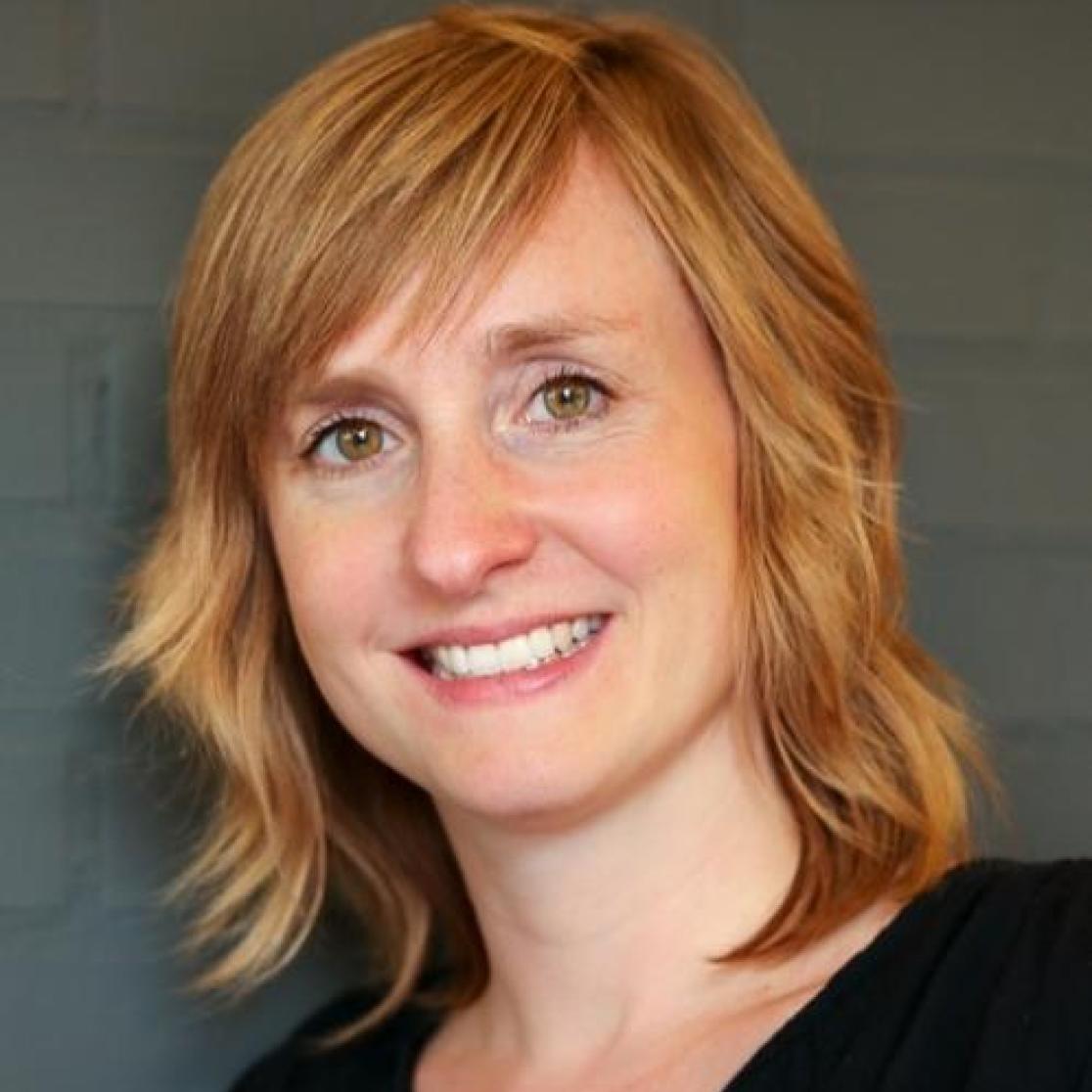
Machine learning and market outcomes
Christian Seel (SBE)
Computerised decisions play a large and increasing role in modern society. For instance, dating apps suggest potential partners and firms hire workers and set sales prices based on computer recommendations. This research project studies risks and benefits of replacing human decisions by computers in different markets. For example, firms might coordinate on higher gas or oil prices based on computer recommendations, leading to increased poverty levels in the population. The researchers develop methods to detect such problems from a given dataset.
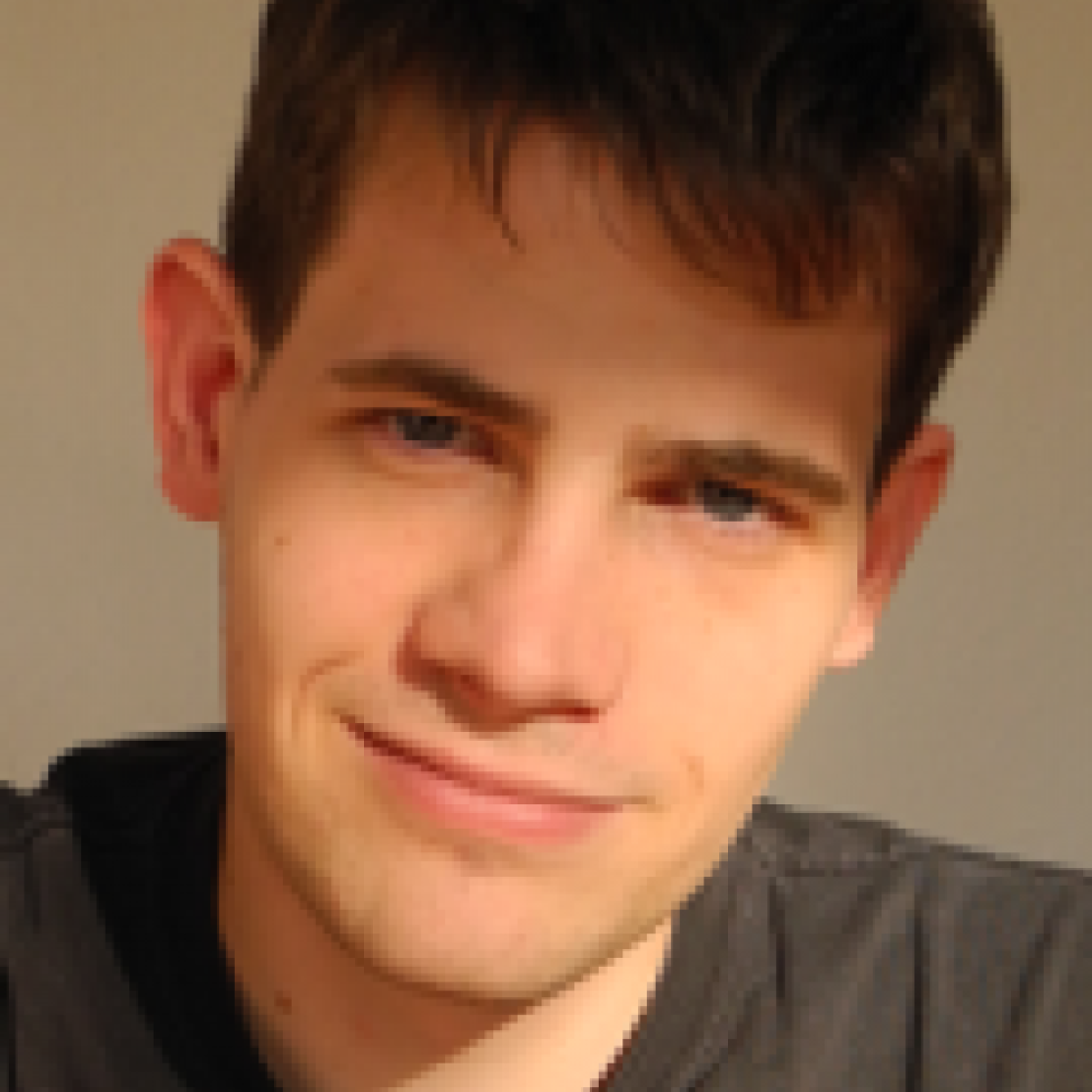
Also read
-
Massimiliano Simons awarded funding for innovative art–science project on hybrid plants
"Entangled Genes: Sharpening the Public Debate on Hybrid Plants” is a new artistic research project that aims to deepen societal reflection on genetically modified plants.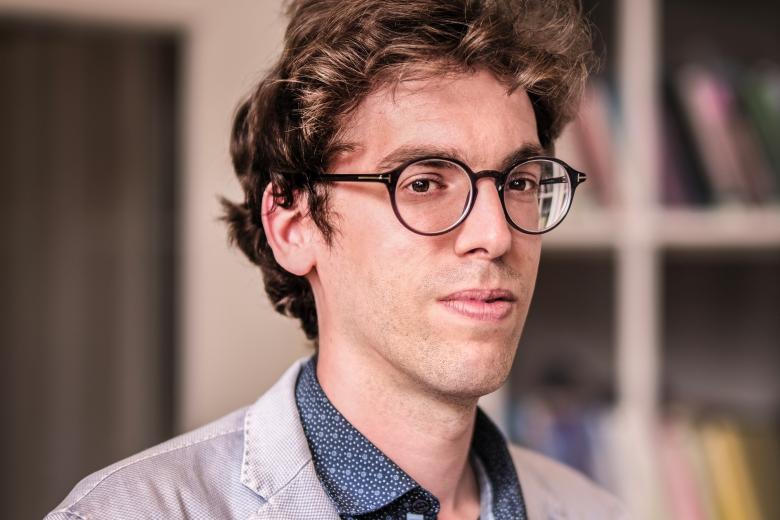
-
New book reveals the stories behind research: The Stories We Tell: Creative Nonfiction Accounts of Our Research
This book shows that there is another way of doing research: one that pays attention to emotions, confusion, humour, doubt, imagination, and chance encounters.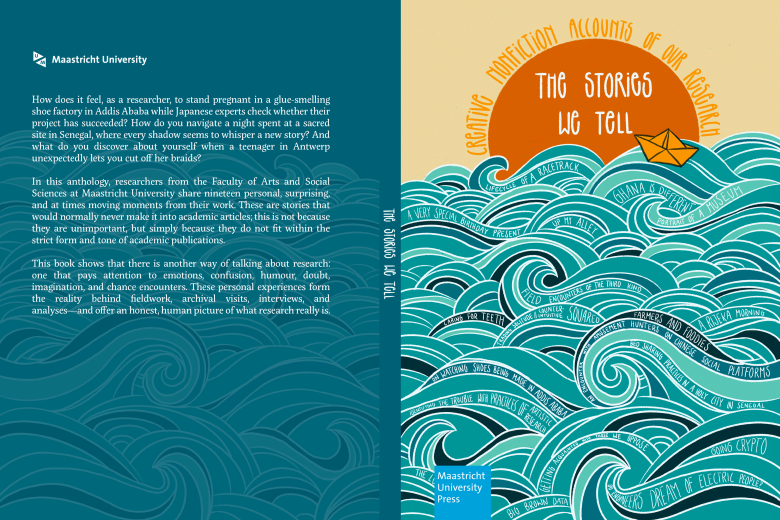
-
New Study Published on Protecting Vulnerable Persons in Migration and Asylum Contexts
Prof. Lilian Tsourdi and Dr. Catherine Warin (University of Lille) co-authored a mapping study on identifying and effectively responding to needs linked with vulnerability in the context of asylum and migration as commissioned by the Council of Europe (Division on Migration and Refugees).